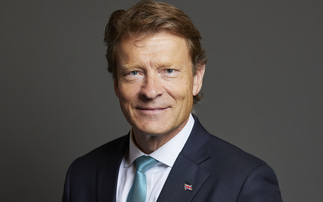Just over 10% of sponsors have requested the suspension of deficit reduction payments – a number that is likely to rise around 19% over the coming months.
Pension advisory firm Isio conducted a survey of over 380 trustee and corporate clients to gather their views and actions regarding suspension of pension deficit recovery contributions (DRCs).
It found that in 12% of cases the sponsor company had already requested DRC suspensions. Isio said 6% had been accepted by trustees and 6% were under consideration but noted that, in the vast majority of cases to date, the trustees had accepted the sponsor's request.
Isio calculated that if the 12% number applies across the UK, this would equate to around £200m per month of deficit contributions being unpaid.
The survey indicated that a further 7% of sponsors were considering DRC suspensions but had not yet approached the trustees. If these come to fruition it could lead to a total 19% of sponsors suspending DRCs.
The respondents to the Isio survey highlighted the majority of suspension requests (63%) have only sought a suspension of up to three months for temporary relief until more reliable covenant visibility is available. However, nearly a quarter (23%) requested a six-to-12-month extension in situations where other creditors commit to support for longer periods and restrictions on trustee extensions would limit that support.
Further findings include:
- 80% of trustees know when deferred DRCs are meant to be paid; and
- 27% of trustee clients have suspended cash equivalent transfer value quotations.
Isio partner Mike Smedley explained: "The findings of our client survey clearly show that trustees are heeding the advice of The Pensions Regulator and accepting a reduction or suspension of DRCs where required. Trustees are right to take decisive action and be flexible during the current market environment, but they need to remain diligent and monitor the situation closely.
"With two thirds of suspensions requests only seeking a short-term relief from DRCs, we expect further conversations to occur in the coming months and weeks as trustees seek to implement creative longer-term solutions."








